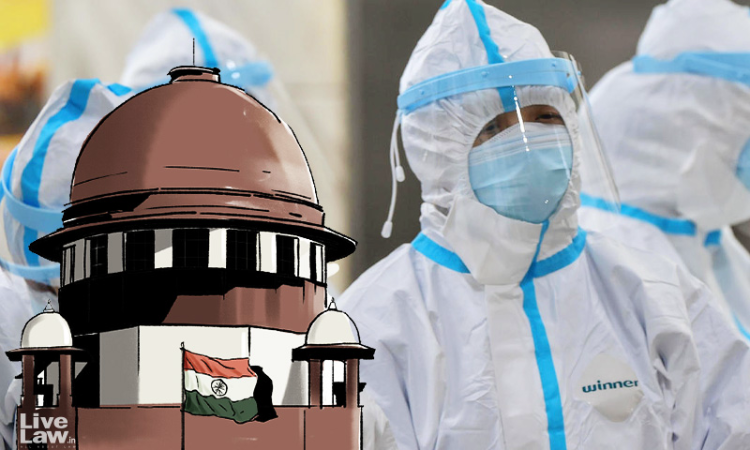Supreme Court Upholds RBI Regulations For Export Ban On PPE Kits; Says 'Well Being Of Masses Over Right To Business Of Few'
LIVELAW NEWS NETWORK
6 Dec 2021 7:07 PM IST

The Court concluded that the RBI decision was a proportionate measure in ensuring the availability of sufficient domestic stock of PPE products.
Next Story


